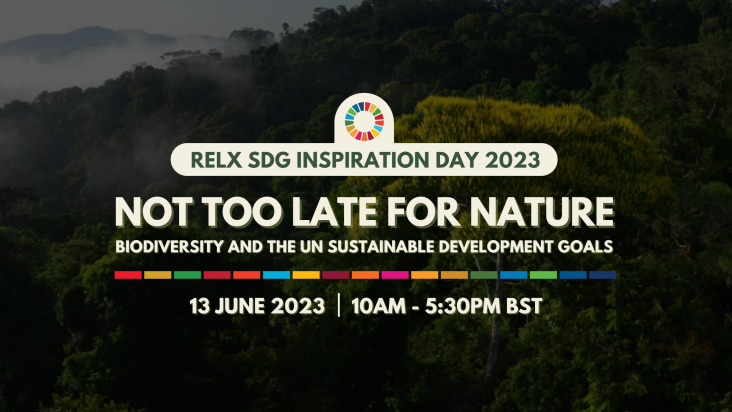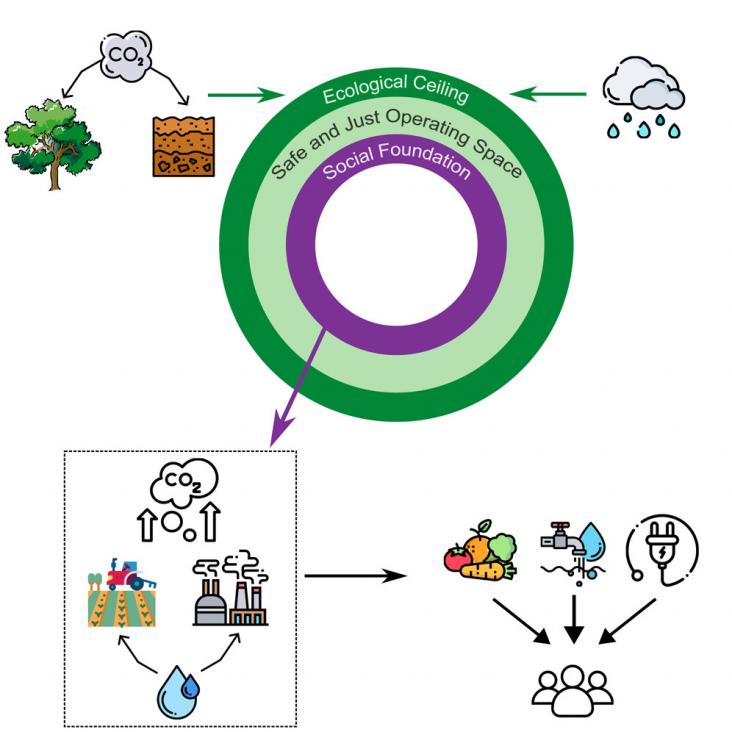The authors of this paper developed and tested a culturally appropriate food picture-sort frequency tool that is feasible and acceptable to both Navajo children and adults. This tool and its indices have the potential to measure the change for school-based intervention studies among the Navajo Nation because of its cultural appropriateness, ease of administration and low burden, and the convergent validity and reliability of its indices.
This paper concludes that In the participating Dene population, vitamin D, fiber, and calcium intake were low, resulting in deficiencies for the majority of the participants and that Poor nutritional status might be because of several complex and intersecting challenges experienced by northern Indigenous communities, such as the historical context of colonialism, remote food insecurity, and social and environmental inequities. It is suggested that nutrition education, financial interventions, and store-food pricing policies should be put in place to facilitate access to market food, and culturally adequate initiatives, such as community harvest programs, should be put in place to facilitate better access to TFs/CFs.
This opinion highlights how tapping into natural biodiversity, while incorporating information about local environmental and climatic conditions, enables crop production in marginal soils.
Nutritional Profiles of Four Promising Wild Edible Plants Commonly Consumed by the Semai in Malaysia
Current Developments in Nutrition, Volume 7, April 2023
Background: An essential dietary strategy to address the rapidly increasing risk of the double burden of malnutrition among indigenous populations around the world is to improve nutritional and foo
The findings of this study suggest further review and consideration of a multipronged approach of integrated nutrition, menstrual hygiene management, and water, sanitation and hygiene interventions at the school level to improve adolescent nutrition and health.
This chapter advances UN SGD goal 2: Zero Hunger by providing insight into adapting agriculture to changing climate conditions.

Register today for the ninth RELX SDG Inspiration Day - a free, online event for thought leaders, corporate representatives, students, investors, government and NGOs to explore issues, gain practical insights and be inspired to take action in support of the UN Sustainable Development Goals.
Possible but rare: Safe and just satisfaction of national human needs in terms of ecosystem services
One Earth, Volume 6, 21 April 2023

The authors investigate a countries ability to provide adequate food, energy, and water, without exceeding nature's carrying capacity. They show that 67% of nations are operating within a safe space for water provision.
Nutrition research benefits from broad and intensive participation by stakeholders. The articles in this special issue demonstrate that understanding participation is complex because it incorporates the dimensions of stakeholders, activity, time, and intensity. Early involvement in research can help prioritize the problems to be addressed, refine the specific research question, and determine acceptable community-based approaches to be used in an intervention. The included papers provide insight into how to define and measure participation, how to explore approaches to encourage participation of direct and indirect beneficiaries, and how participation at different time points and by different stakeholders can validate and support interventions and enhance effectiveness.
The authors of this paper conclude that training food service staff and other food service staff may be beneficial to improve meal quality in the Early Care and Education (ECE) programs but point out that positive changes did not last, perhaps indicating a need for longer and rigorous trainings.
